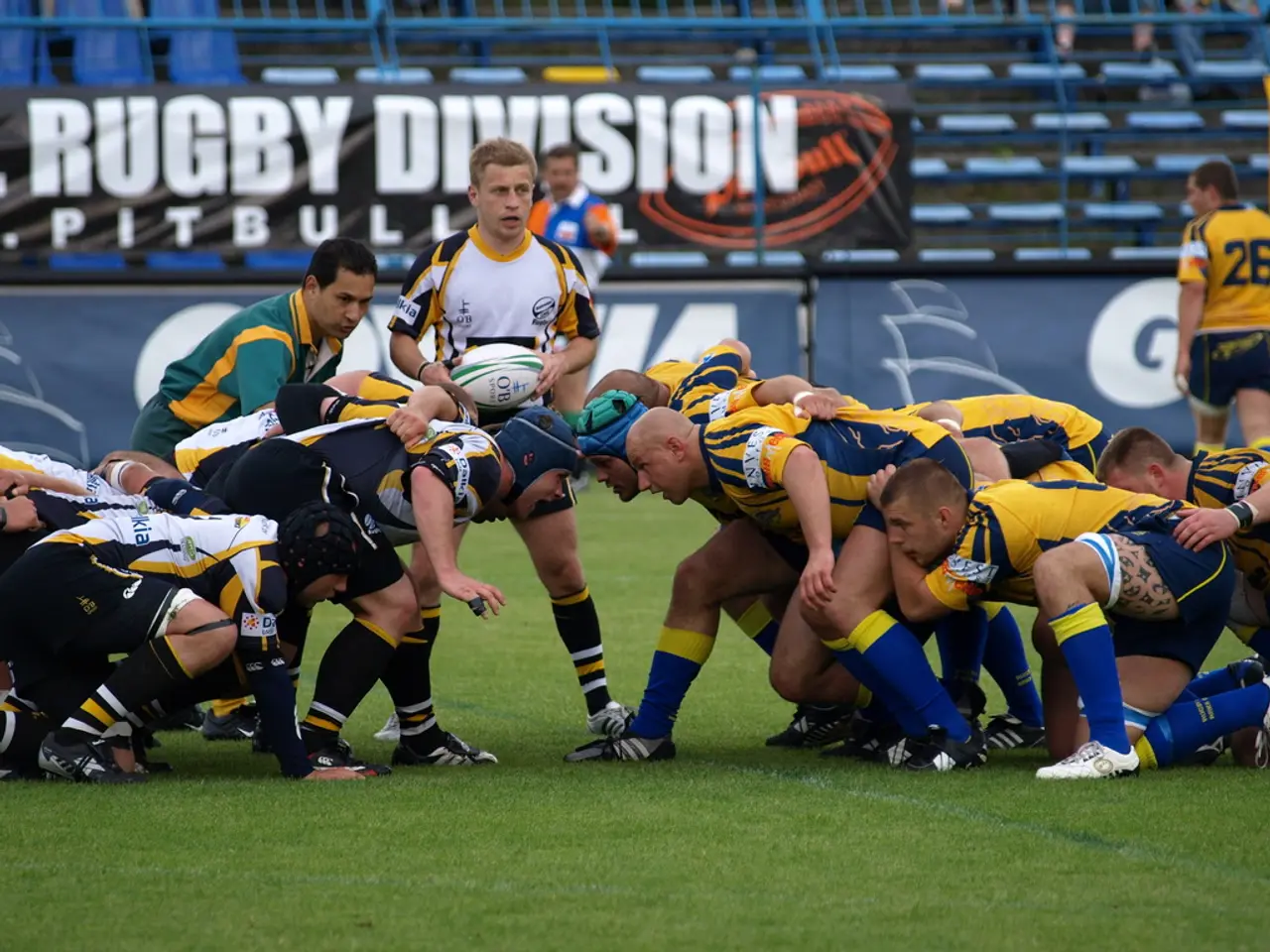Rugby League as a Route for Social Advancement Among Socially Disadvantaged Adolescents
In various communities across Australia, Rugby League stands as a powerful tool for transforming lives and unlocking potential. The sport, with its rich tapestry of experiences, offers more than just physical competition – it provides a platform for personal growth, social cohesion, and community engagement, particularly for disadvantaged youth.
Youth involved in team sports often find a sense of belonging, and this is especially true for Rugby League. The sport represents a sense of identity and belonging in many communities, fostering social connections and a sense of responsibility.
Rugby League promotes social mobility for disadvantaged youth primarily by providing life skills education alongside sports coaching. Through organized programs and events, young people from vulnerable or marginalized communities gain discipline, teamwork, confidence, and leadership abilities that help them overcome social divides and barriers to development.
Mentorship in Rugby League is crucial for young players, providing guidance and support. Mentors emphasize physical fitness as a crucial element of life, encouraging healthy habits that can last a lifetime. They also teach valuable skills such as teamwork, resilience, and discipline. Mentorship significantly improves young players' self-esteem and motivates them to excel.
Moreover, Rugby League offers numerous career opportunities for disadvantaged youth, extending beyond playing on the field. Sports management offers rewarding positions in event management, marketing, and administration within the sports industry. Experienced players can provide insight into various career pathways, helping youth understand their potential beyond sports.
Community engagement often flourishes around sports programs, creating a sense of belonging and responsibility. Rugby League acts as a social platform bringing together youth from different backgrounds. It encourages volunteerism and local support around rugby events and programs, raising awareness of social issues and highlighting positive youth development through sport.
Participation in rugby fosters life skills that extend beyond the game itself. For instance, it improves physical health and mental resilience, develops teamwork, self-discipline, and leadership skills, enhances self-esteem and social skills, and motivates young people to avoid negative behaviours.
In summary, rugby league supports disadvantaged youth by delivering sport-based life skills education, fostering social cohesion, and enabling personal and community empowerment through organized programs and events. It's essential to rally collective efforts towards promoting rugby programs for disadvantaged youth, encouraging participation, investing in local clubs, and ensuring resources are available to transform lives.
- In addition to its role in personal growth and social cohesion, Rugby League also serves as an educational resource, offering life skills education and career opportunities in sports management.
- Beyond the field, Rugby League promotes self-development, providing youth with essential life skills such as discipline, teamwork, and leadership, while also fostering community engagement and offering resources for education and career advancement.




